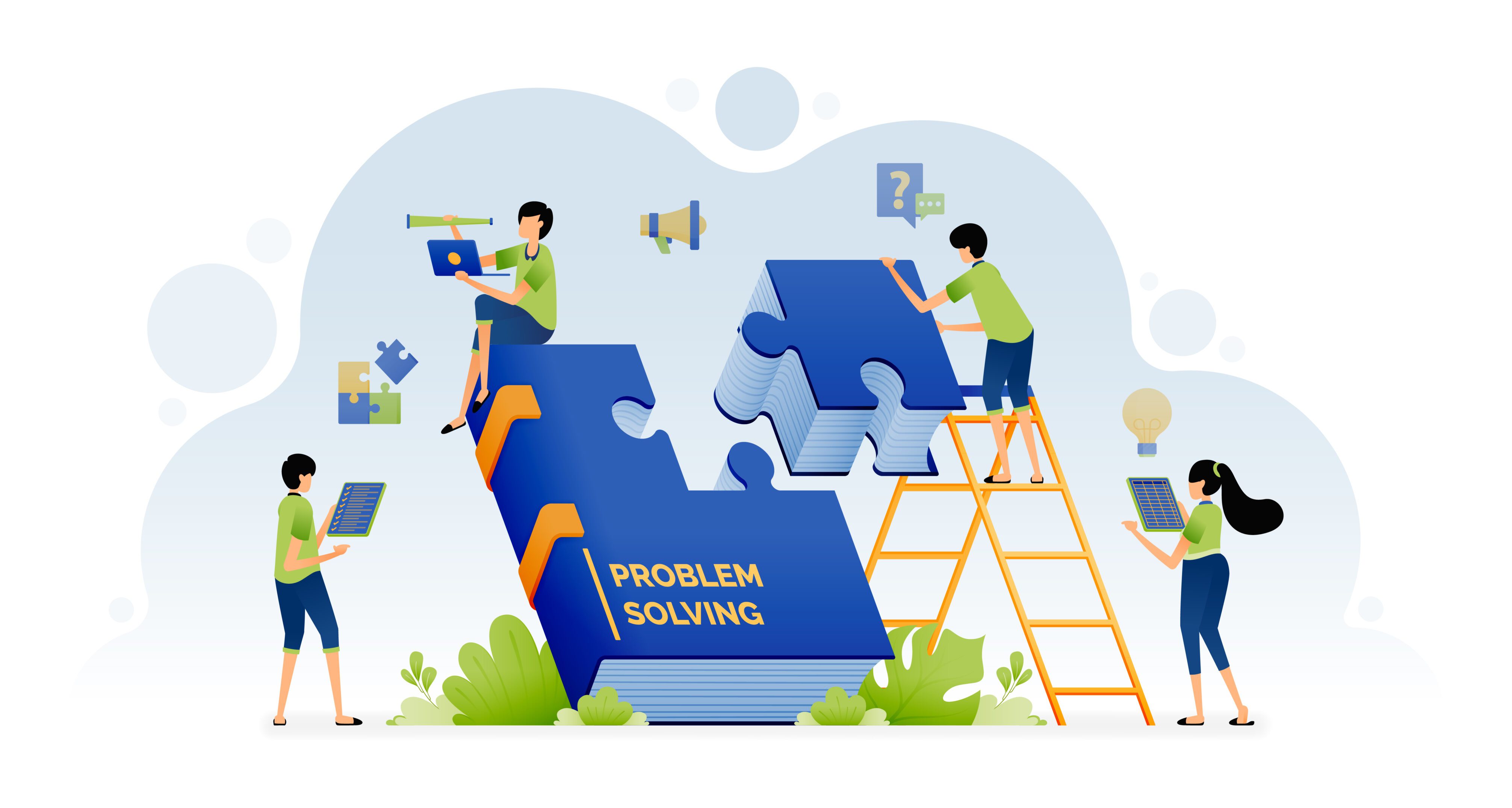Open-source software is a software with source code that everyone can control, modify, and improve. In a broader sense, it is an idea of unlimited access to the software’s source code. All around the IT world you can hear about open-source solutions. Our Foundation itself is collaborating with many open-source projects. What makes the idea of open source so popular? Is it worth the hype? And, finally, what are the common misconceptions on the topic?
Let’s find out!
A Little Bit of History
The free software movement was started by an American organization called Open Source Initiative, established in 1998. The group, interested in such systems, introduced a new marketing name and presented the program as a company-friendly, free competition for Microsoft. The software at the time concerned Linux systems and the Netscape browser. Eric Steven Raymond, an American hacker and a libertarian, is recognized as one of the main founders of open source. His most famous work is “The Cathedral and the Bazaar”, which describes how to create open-source software. It is based on his observations of the development of the Linux kernel and the experience of coordinating the open-source project called Fetch Mail.
What’s so great about open-source solutions?

There are some characteristics that put open-source solutions in an advantageous position when compared to commercial software.
Knowledge sharing
Developers acquire knowledge about new technologies, improve their skills, as well as get help from more experienced ones, and are inspired by the achievements of others.
Constant improvement
An open source project is also a great way to find people who will critically look at your code and perform a code review. Every junior developer will confirm how important for one’s development is a critical assessment of one’s code by an experienced person. Thanks to it, they have a chance to improve their skills.
The essence of open source is that everyone has access to the shared application and can contribute something to it. Independent implementation of a project from A to Z can be the source of great satisfaction, but it can also take a lot of time, and bugs will not be avoided. Thanks to the cooperation of many programmers, it is easier to catch errors in the software and the final product is usually of much better quality than if it was created by one person.
Shared effort
The coolest thing about open source is that everyone can contribute something to the project, thanks to which the resultant code is much better than if only one person wrote it. When the software is created by more people, it’s easier and faster to catch and correct errors. Thanks to the diversity of the team involved in the software’s improvement, experienced developers can help fix the most-advanced problems, while novices can deal with seemingly simpler but time-consuming fixes.
Promoting young developers
Thanks to participation in an open-source project, young developers can gain recognition among other programmers. Participation in such initiatives is a new challenge, and thus an opportunity to expand their knowledge and skills. Thanks to open source, one can quickly find out what they are doing wrong and how to implement individual improvements.
It is also a big plus for one’s career, a kind of a modern portfolio, confirming developer’s skills and commitment. Platforms that allow developers to share code (such as GitHub) are also a mine of information for recruiters who are searching for IT talents. More and more events are being created to promote the initiative for programmers participating in open-source projects.
Building powerful communities
The open source idea unites people who are jointly involved in this group. It gives one a chance to integrate more with the community gathered around the technology in which they are programong. Some even call it the open-source philosophy or ideology, thanks to which the IT world can become better. And there certainly is something to it. Isn’t it a generous idea? A shared solution that everyone has access to and can use it freely? Imagine this situation: Everyday you use a tool that greatly facilitates your work and you like using it. One day, however, you come across an error or you need additional functionality. You can implement the functionality or fix errors by yourself. Pleasant and useful, right?
Open-source myths

Open-source projects contain a lot of bugs
Opponents of open-source projects believe that they contain a lot of bugs and its target users are easy prey for hackers. According to them, open-source projects are characterized by a lack of professionalism and adequate protection of confidential data. For open source projects, code readability is a very important aspect for the community. It facilitates its further modification and speeds up the process of searching for errors. The source code is publicly available, the community analyzes it with very high accuracy. Errors are immediately detected and corrected. For this reason, the reliability of open source applications is very high compared to closed programs, whose code is accessible only to its creators.
Sharing your knowledge for free decreases the value
A popular myth is that sharing your knowledge for free results in a decrease in the value of the programmer’s work. The open-source society attracts intelligent, knowledge-hungry programmers. Open-source developers are enthusiasts who also have solid knowledge. They often work in commercial projects, and their value on the labor market increases due to new experience and skills.
Open-source products are not regularly developed
Another myth is that open source products are not regularly developed. It is worth remembering that control over the development of the most popular open-source systems is exercised by large companies working on their software in exactly the same way as producers of closed applications. Regular updates (including security) and new features are released. In recent years, large corporations have shown a significant increase in spending on open-source products.
Open source does not offer professional technical support
There are many opinions that open source does not offer professional technical support (only the community of a given project can help the user) and there is no guarantee that the project will not be suddenly abandoned. Large corporations that take care of the project provide technical support for users at a very high level. Currently, the popularity of open source is so high that in the case of products that are very popular, there is no problem finding a company that could continue its development. After all, the source code is available.
Open source is the future

By using open code, projects can grow faster and more efficiently. Applications are not written from scratch – they are based on ready-made libraries, thanks to which technologies are developing faster than ever. The development of open software is headed towards new products and markets in order to create an unrivaled level of innovation, and more importantly, open source is widely used in popular programs of major manufacturers.
Open source is currently one of the strongest trends in programming. The commercial sector also benefits. Open-source libraries are already used almost everywhere, and it is practically impossible to find a program that does not have open-source elements. According to The Forrester Wave™ Software Composition Analysis, Q1 2017, modern applications contain 80% to 90% of open-source code.
Apple has released the source code of the Swift programming language it is developing. A part of the iOS operating system code is publicly available, while Android is released under an open license. Google has made TensorFlow code available to everyone as an open-source library. Mozilla Corporation releases the open source Mozilla Firefox free of charge. Even Microsoft, a company that was very skeptical of open source in the past, has indeed become the largest contributor to open source and joined the Linux Foundation as a platinum member. Microsoft also released .Net Framework under an open source.
Given the growing interest of major technology companies, it is hard not to notice that open source is not just a temporary trend – it is the future of programming.
If you want to find out more about open sources, we encourage you to read our articles where we describe amazing open-source projects that we are partners with.
Sources
How to become a part of an Open Source project?
Open Logistics Management Information System
What makes a great programmer? 10 features that are useful




